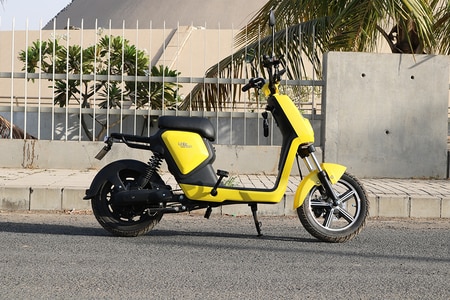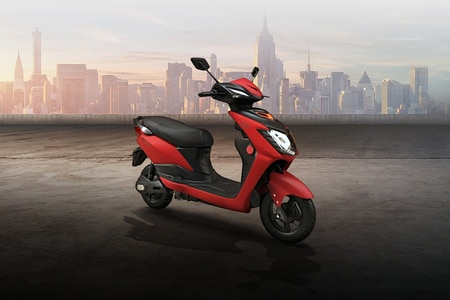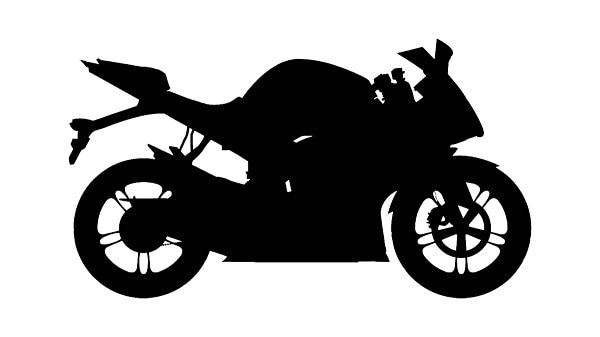New York introduces hefty fine for vehicles with ‘excessively loud’ exhausts
_1605699351443_1605699357166_1635739292149.jpg)
_1605699351443_1605699357166_1635739292149.jpg)
New York has passed a new law to punish the owners of vehicles that make ‘excessively loud’ exhaust note sound. The state's Governor Kathy Hochul signed a bill that will levy fines worth $1000 for exhaust noise violation, Road and Track reported. The move is aimed at reducing illegal racing culture in the state while the fine is the highest anywhere in the US.
The new fine is a part of the bill called SLEEP - an acronym for ‘Stop Loud and Excessive Exhaust Pollution’. The new bill increased fines for loud aftermarket exhausts from the initial $150 to a hefty $1,000. The second highest fine amount for this violation is $500 in the US state of Colorado, which is still just half of what New York exhaust note enthusiast will have to bear.
Also check these Bikes
Also Read : New York to ban sales of new petrol, diesel vehicles post 2035. Here's why
The essential goal of this new bill and an increment in the fine amount is to discourage illegal drag racing in the state. The state government emphasized that illegal racing has increased significantly during the coronavirus pandemic, thus making this step compulsory to cut down on the trend, the report stated.
Now drag racing enthusiasts in New York will have to pay a hefty fine for exhaust note violation along with a fine related to reckless racing on public roads. That's not all for drag racers. The state authorities have also proposed to install night-time speed cameras everywhere that the street racing is expected to be happen, Gothamist reported.
Also Read : 2021 New York Auto Show cancelled amid concerns over Covid-19 Delta variant
Another proposal is to increase the number of noise-detecting tools so as to identify and track loud cars as they drive by. The new SLEEP bill also includes a provision for shops that install such loud exhaust parts in vehicles. If caught installing overly-loud mufflers in vehicles three times, the state could cancel the operating license of these shops.








 60 km/charge
60 km/charge

 124.0 cc
124.0 cc 47.6 kmpl
47.6 kmpl

















